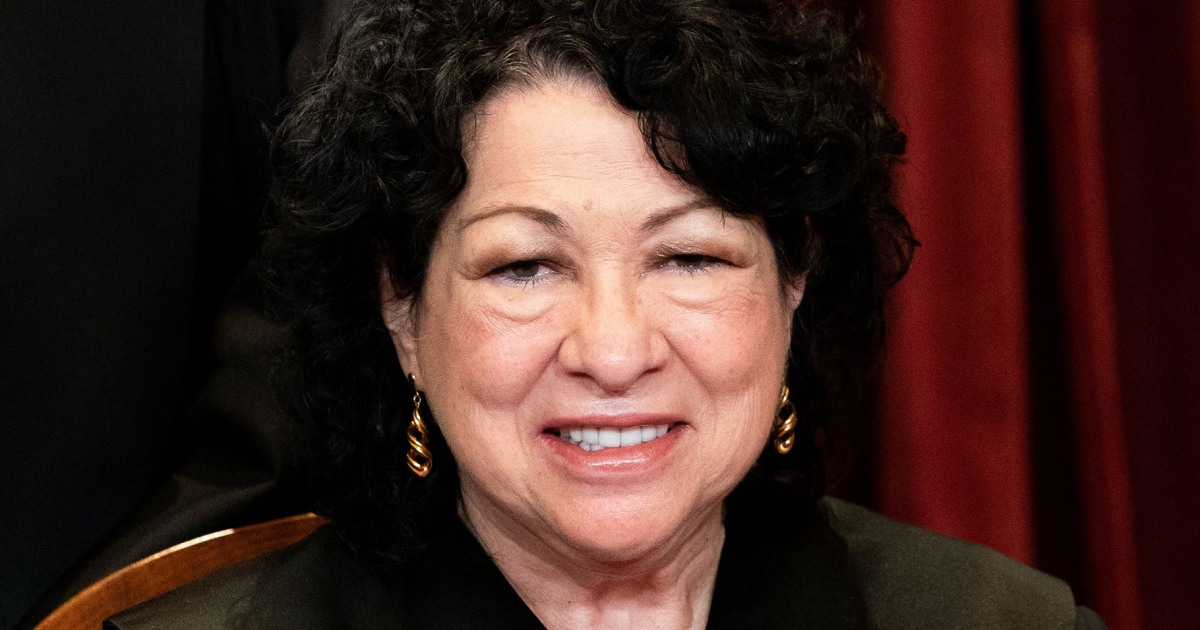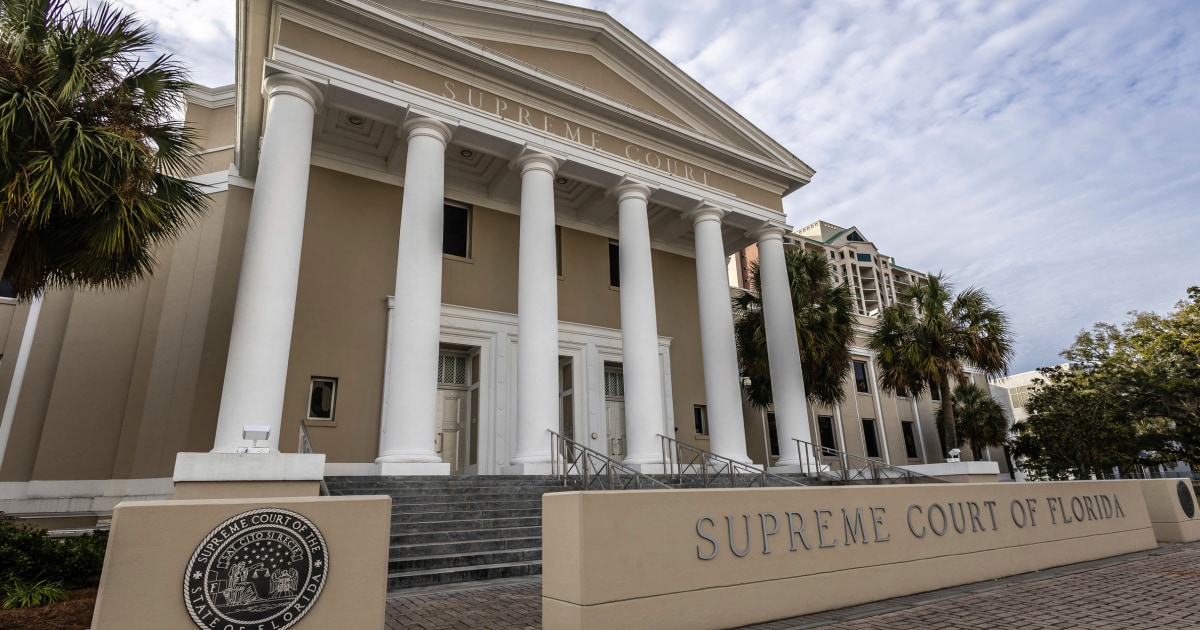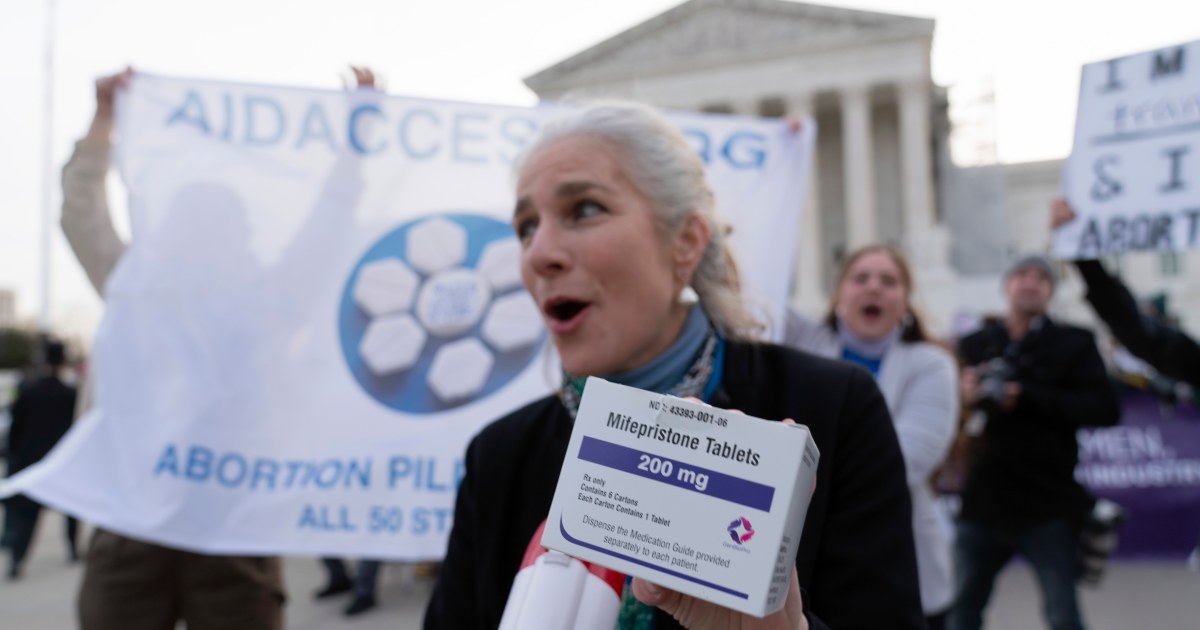The Obamacare law, the right to abortion and the use of weapons were the first issues that Judge Amy Coney Barrett had to face this Tuesday in the interrogation in the Senate, on the second day of the confirmation hearings to occupy a position in the Court Supreme
The Chair of the Judiciary Committee, South Carolina Republican Lindsey Graham, opened the session with a direct message on the Affordable Care Act (ACA), also known as Obamacare.
This issue has been central in the discussion of Barrett's nomination, since according to Democrats it could spell the end of the health care law, affecting 20 million Americans who may lose their medical care.
"You all want to impose Obamacare on South Carolina. We don't want it. We want a South Carolina care law, not an Obama care law," Graham said.
[Justice Barrett vows to the Senate to be independent and not follow her personal preferences in the Supreme Court]
These were the main questions and answers of the Senate cross-examination of Barrett.
Obamacare
Dianne Feinstein, Democratic Senator from California, asked Barrett about the Supreme Court session on November 10, when the case Texas vs. California is reviewed, on the constitutionality of the Affordable Care Act.
Barrett responded that the Texas-led lawsuit "does not pose a challenge to coverage of pre-existing conditions or the maximum limit of lifetime relief."
Abortion
Senator Feinstein asked Barrett if he agreed with the vision of his mentor Antonin Scalia in the Roe v. Wade trial, which enabled legal abortion in Texas in 1973.
Barrett said she could not express an opinion because it could give a "signal to the litigants" on how she could judge a similar case.
Feinstein said he was upset to receive that response and pressured Barrett.
"Senator, I completely understand why you are asking me that question. But again,
I cannot precommit or say what my position is, because I do not have a position
. I do not follow any agenda. My agenda is to stick to what the law says and decide each separate case, "Barrett replied.
LGBTQ Rights
Feinstein asked Barrett if he agreed with Justice Antonin Scalia's opinion that the Constitution does not give LGBTQ people the fundamental right to marry.
"
I am not going to express an opinion on whether or not I agree
with Justice Scalia. If I am confirmed, you will have Judge Barrett, not Justice Scalia," the Supreme Court nominee responded.
Guns
Graham asked Barrett if she owned a gun and how that would affect her position in a case involving the 2nd Amendment.
Barret acknowledged that he has a weapon, but that does not prevent him from reviewing a related case fairly.
Catholic Religion
On his religious position, Graham asked him if he could put them aside in a related case.
Barrett responded, "Yes, I can. I have done it as a Seventh Circuit judge. If I continue there, I will continue to do so. If they confirm me in Supreme Court, I will do it there anyway."
Her Philosophy and Closeness to Justice Scalia
Senator Graham asked Barrett to explain her definition as an originalist judge and about her closeness to Justice Antonin Scalia.
"I interpret the Constitution as the law, I interpret the text and its meaning as it was originally drafted, and that does not change over time and it is not my responsibility to update that interpretation or impose my point of view," Barrett replied.
"Judge Scalia was my mentor and as I said before, his philosophy is mine as well. But I want to be careful in saying that, if I am confirmed, you will not have Judge Scalia, you will have Judge Barrett," she added with a sentence that you have repeated more than once during the session.
How Senate Confirmation Hearings Work
Barrett, whose appointment was proposed by President Donald Trump just weeks before the election, will be questioned in 30-minute segments by the 22 members of the Senate judicial committee, including Democrats who oppose her candidacy.
They have been pointing out for weeks that the winner of the presidential election is the one who should choose the replacement for the late Judge Ruth Bader Ginsburg.
Even two Republican senators agreed with it.
[This is Amy Coney Barrett, nominated by Trump for the Supreme Court: she is in favor of the public charge rule and against abortion]
This Monday, at the beginning of the confirmation hearings to occupy the position in the highest court in the country, Barrett promised to be
independent and interpret the constitution and laws to the letter,
regardless of his "own preferences."
In the two days Barrett, 48, has been accompanied by her husband and six of their seven children behind her in the courtroom.
20 protesters arrested on first day of hearings for Judge Barrett's nomination
Oct. 13, 202000: 37
[Democrats will focus on Obamacare the battle against Amy Coney Barrett, Trump's nominee for the Supreme Court]
It is the
first time
that these hearings have been held
so close to election day on November 3.
[Why the death of Judge Ruth Bader Ginsburg has created so much tension. We answer your questions]
Barrett's appointment is considered a momentous issue because the Supreme Court makes decisions on issues of great importance to American society and, being a life term, a new conservative judge could tip the balance of the court on that ideological side for at least less two decades, maybe more.
Currently, the court has five conservative and three progressive judges.
Amy Coney Barrett, accompanied by her children, during the hearing to review her nomination in the Senate.
The date for the final vote on Judge Barret's confirmation has not yet been set.
Senate Majority Leader Kentucky Republican Mitch McConnell has said he will schedule a floor vote as soon as the Judiciary Committee's work is done.
Judiciary Committee Chairman Lindsey Graham, Republican of South Carolina, expects to wrap up the panel vote by Oct. 22.
That would leave 11 days of margin, including four on weekends, before the elections.
With information from AP, NBC News, The Washington Post, The New York Times.









